Let’s build the future together.
Great ideas need great people. Partner with us to bring your vision to life, or take the first step in your career by joining our team of innovators.
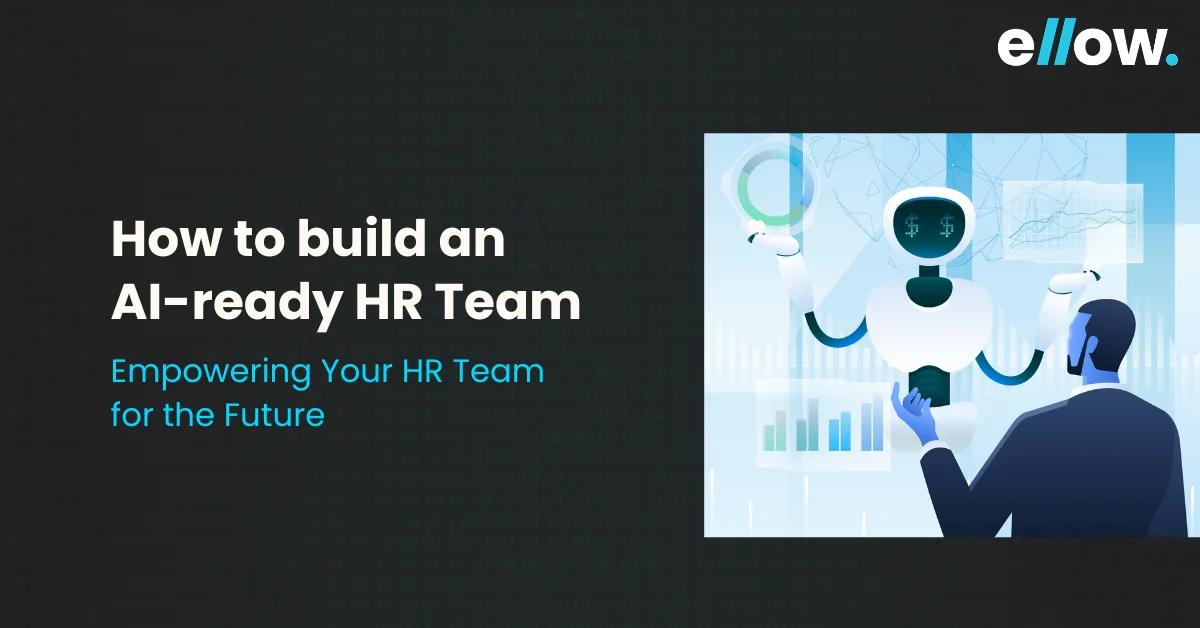
The Artificial Intelligence (AI) revolution is sweeping across industries, transforming how we work. Studies predict a staggering 60% of jobs could be impacted by AI, making it crucial for HR teams to adapt and lead the charge.
But how can HR itself become AI-ready?
This article explores effective strategies to build an AI-savvy HR team, ready to harness the power of AI and navigate the evolving workplace.
We’ll delve into how HR professionals can develop the necessary skills, embrace a growth mindset, and become champions for AI within the organization.
From identifying relevant training to fostering a culture of data-driven decision making, this guide equips HR teams to thrive in the age of AI.
Artificial intelligence (AI) has profoundly transformed human resource management, revolutionizing recruiting and workforce management through several developmental stages.
The journey began with basic algorithms that mechanically screened resumes for specific keywords, providing a rudimentary filter to manage large volumes of applications.
As technology advanced, AI systems equipped with limited memory capabilities emerged. These systems leveraged historical hiring data to predict the likelihood of a candidate’s success in a role.
This predictive approach allowed for a more nuanced analysis, focusing not just on keywords but on patterns that correlated with successful hires in the past.

Today, AI’s role in staffing has become significantly more sophisticated with the integration of natural language processing (NLP) and machine learning (ML). These technologies enable AI to assess not only the qualifications of candidates but also their cultural fit and potential job performance.
By analyzing nuances in communication and patterns in career progression, AI tools can provide insights that go beyond the capabilities of traditional recruiting techniques.
AI evolution in Staffing is not just about enhancing the efficiency of the recruitment process. It is also about fundamentally improving it—by reducing inherent biases that often plague human judgment.
AI can help ensure a more diverse and inclusive workforce by focusing on objective criteria and learned patterns of success rather than subjective impressions.
As AI continues to evolve, its impact on staffing is profound and far-reaching, promising a future where recruitment is more efficient and effective.
By embracing AI, HR professionals can not only streamline their processes but also enhance the overall quality of their hiring decisions, shaping the future of the workforce in significant and exciting ways.
The value of AI in HR recruiting lies in its capacity to automate routine tasks, offer data-driven insights, and enhance the candidate experience, ultimately leading to a more efficient hiring process.
Here’s how AI is making a difference:
Machine Learning (ML): ML algorithms efficiently analyze resumes and predict the best candidates for roles, significantly reducing the time spent on screening and improving selection accuracy.
Natural Language Processing (NLP): NLP powers chatbots that interact with candidates, answer questions, and schedule interviews, ensuring timely communication and enhancing the candidate experience. It also performs sentiment analysis to help gauge candidate engagement.
Computer Vision: This technology analyzes video interviews to assess candidates’ expressions and body language, offering deeper insights into their suitability for roles.
1. Resume Screening and Candidate Matching: Ever imagine sifting through thousands of resumes in minutes? AI tools do just that! They use machine learning to quickly match job descriptions with the right candidate profiles, ensuring only the top contenders are considered.
2. Interview Scheduling: Coordinating interviews can be a hassle, right? Well, AI-driven chatbots and virtual assistants are here to help. They take over the scheduling, finding times that work for everyone effortlessly. This lets recruiters focus on more important stuff!
3. Candidate Engagement: Keeping in touch with candidates is crucial. AI doesn’t just help here; it excels. Chatbots keep candidates updated, answer their questions, and ensure they feel valued throughout the hiring process. This consistent communication helps keep candidates interested and engaged.
4. Data-Driven Insights: Looking to make smarter recruitment decisions? AI dives into recruitment data to pull out insights on what’s working and what’s not, helping pinpoint bottlenecks and predict hiring trends. It’s like having a high-tech crystal ball!
5. Bias Reduction: And about keeping things fair—AI is great at that too. By focusing on objective data and leaving out human biases, AI promotes a fairer and more inclusive recruitment process. This helps build a diverse and talented workforce.
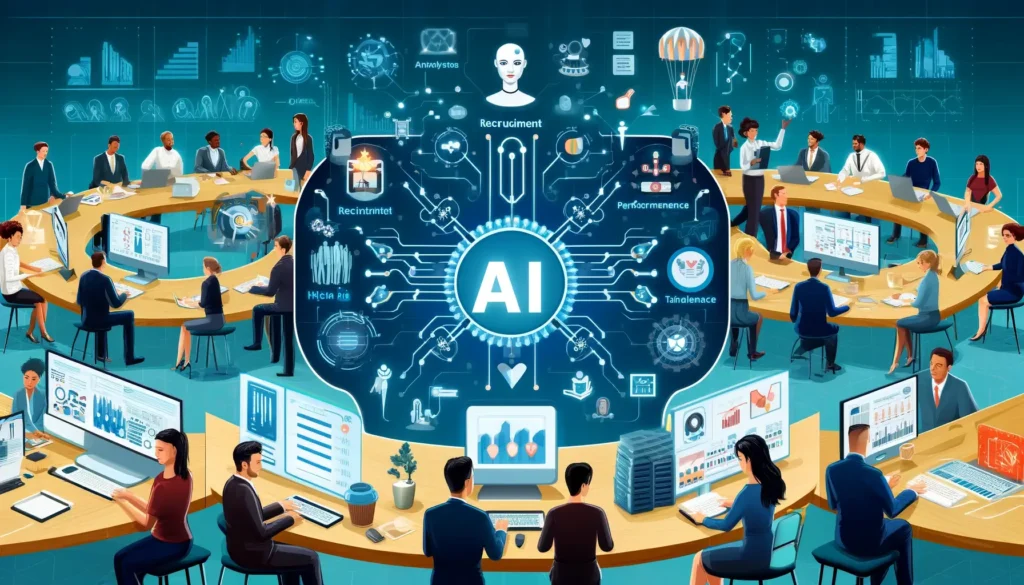
Building an AI-ready HR team is a strategic step that can significantly enhance your organization’s recruitment, efficiency, and overall HR processes. Here’s how you can equip your HR team to harness the full potential of AI:
Start by educating your HR team about the basics of AI. They don’t need to become tech experts, but understanding AI’s capabilities, limitations, and potential applications in HR can be a game changer. Consider hosting workshops, webinars, or bringing in AI experts for training sessions to build foundational knowledge.
AI thrives on data, so cultivating a data-driven culture within your HR team is crucial. Encourage the use of data analytics in decision-making processes. This could involve training on data handling and analysis, or implementing tools that allow your team to gather insights and make evidence-based decisions.
To integrate AI effectively, your existing technology infrastructure may need an upgrade. Invest in the necessary hardware and software that support AI functionalities. Ensure that your team has access to, and training on, these technologies to make the most out of them.
HR teams will benefit greatly from a strong collaboration with the IT department. IT can provide support on the technical aspects of AI tools, from integration to troubleshooting. Building a bridge between these two departments can ensure smoother implementation and maintenance of AI systems.
AI implementation is not a one-size-fits-all solution. Encourage your team to experiment with different AI tools and features to find what best suits your specific needs. Iterative testing and feedback loops can help refine AI strategies and ensure they deliver the desired outcomes.
As AI becomes more integral to HR functions, consider hiring or developing talent with specialized AI skills. This could mean recruiting new team members with backgrounds in data science or AI, or offering existing employees opportunities to upskill.
Ensure your team is aware of the ethical implications and legal requirements related to AI use, such as bias prevention and data privacy. Training in these areas will be essential to responsibly leverage AI in HR practices.
AI is a rapidly evolving field. Keep your team updated with the latest developments and best practices in AI for HR. Subscribing to relevant publications, attending industry conferences, and participating in professional networks can help your team stay at the cutting edge.
By taking these steps, you’ll not only prepare your HR team for the current landscape but also future-proof your organization against the evolving demands of the workforce and technology
Unilever drastically cut its hiring process from months to weeks by using an AI screening platform. This not only sped up operations but also promoted diversity, creating a more agile and equitable workforce.
IBM utilized its AI system, Watson, to analyze employee sentiments from surveys and conversations, allowing quick and effective HR interventions that improved the company culture and employee satisfaction.
ADP used AI analytics to gain real-time insights into employee performance, helping tailor training and career paths with precision, thus optimizing workforce development and organizational growth.
Talla introduced an AI-driven HR chatbot that handled administrative queries instantly, significantly reducing HR workload and boosting employee satisfaction with its 24/7 availability.
TIGI HR enhanced its recruitment process by integrating AI, speeding up and refining candidate selection, and establishing itself as a leader in HR innovation.
Creating an AI-ready workforce in HR recruiting marks a significant step towards the future of talent acquisition.
By merging technological expertise with interpersonal skills and a continuous thirst for knowledge, organizations can set new industry benchmarks and drive innovation.
This journey transcends simple adaptation—it’s about crafting a workforce that excels in tandem with AI, pushing organizations towards remarkable achievements.
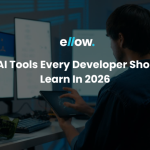
From Code Generation to Bug Detection: 10 AI Tools Every Developer Should Know in…
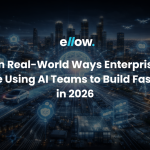
Ten Real-World Ways Enterprises Are Using AI Teams to Build Faster in 2026
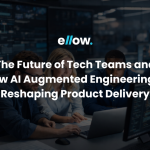
The Future of Tech Teams and How AI Augmented Engineering Is Reshaping Product Delivery
Please feel free to share your thoughts and we can discuss it over a cup of tea.
Get a quote
From Code Generation to Bug Detection: 10 AI Tools Every Developer Should Know in…
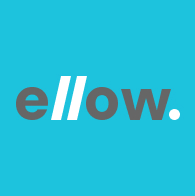
Six Things to Consider When Hiring Remote Talent

ellow.io enters remote hires market with AI-based screening process